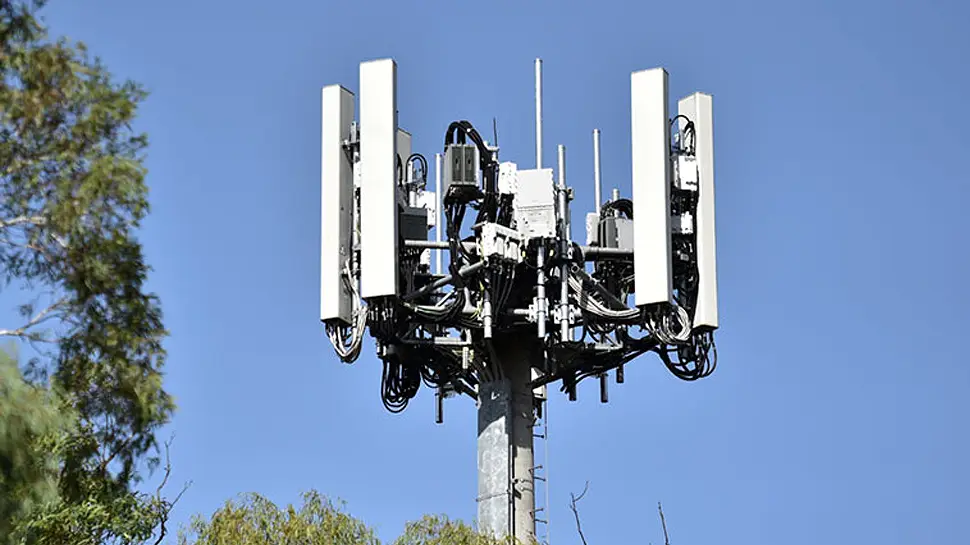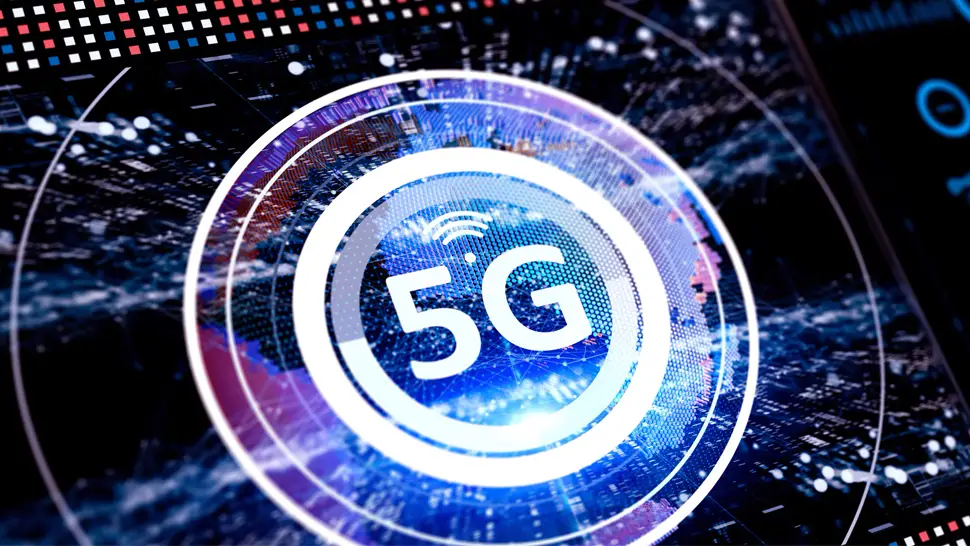5G technology has been hailed as the next big thing in internet and telecommunications. With its lightning-fast speeds and ability to connect a vast number of devices simultaneously, it has the potential to transform industries and change the way we live our lives. However, as with any new technology, there are both benefits and drawbacks to consider. In this blog post, we’ll explore the pros and cons of 5G technology and how it will shape the future of the internet and telecommunications.
Contents
- Benefits of 5G Technology
- How 5G Technology Will Shape the Future
- Conclusion
- See Also
- Further Reading
Benefits of 5G Technology
- Faster Speeds: 5G networks are capable of delivering data speeds up to 20 times faster than 4G. This means that you can download and upload large files, stream high-quality videos, and play games without any lag or buffering.
- Lower Latency: 5G networks have significantly lower latency compared to 4G, which means that there is minimal delay when transmitting data. This is particularly useful for applications that require real-time data, such as self-driving cars or remote surgery.
- Increased Capacity: 5G networks have the ability to connect more devices simultaneously, without compromising on speed or quality. This is especially useful for IoT devices, which require constant connectivity to function.
- Improved Efficiency: 5G networks use less power and are more energy-efficient than 4G, which means that they have a lower carbon footprint.
Drawbacks of 5G Technology
- Limited Coverage: 5G networks require more infrastructure and towers to provide coverage, which means that it may take longer for rural areas or smaller towns to get access to 5G.
- Cost: Implementing 5G networks is expensive, and the cost is likely to be passed on to consumers. This means that 5G plans may be more expensive than 4G plans.
- Security Concerns: 5G networks have been subject to security concerns, particularly surrounding the use of equipment from Chinese companies such as Huawei. This has led some countries to ban the use of Huawei equipment in their 5G networks.
- Health Concerns: Some people have raised concerns about the potential health risks of 5G networks, particularly surrounding exposure to electromagnetic radiation. However, the overwhelming consensus among scientists is that 5G networks are safe.

How 5G Technology Will Shape the Future
- Smart Cities: 5G networks will enable the development of smart cities, where everything from traffic lights to public transportation is connected to the internet. This will make cities more efficient and livable.
- Autonomous Vehicles: 5G networks will be essential for the development of self-driving cars, as they require real-time data to operate safely.
- Remote Work: 5G networks will enable people to work from anywhere, as they will have access to high-speed internet no matter where they are.
- Healthcare: 5G networks will revolutionize healthcare, enabling remote consultations, remote surgery, and other applications that require real-time data.
- Gaming: 5G networks will enable cloud-based gaming, where games are streamed over the internet rather than being downloaded onto a device. This will enable gamers to play high-quality games on any device, without requiring powerful hardware.
Conclusion
5G technology has the potential to transform industries and change the way we live our lives. While there are some drawbacks to consider, the benefits of 5G technology are significant. As the technology continues to evolve, we can expect to see even more exciting developments in the years to come.
See Also
- Understanding Wireless Mesh Networking – Advantages, How it Works, Range & Signal Strength
- TCP/IP Protocols: A Short Guide – Learn the Basics
- Computer Network Firewall
- TP-Link Archer AX21 Review


Comments
There are currently no comments on this article.
Comment